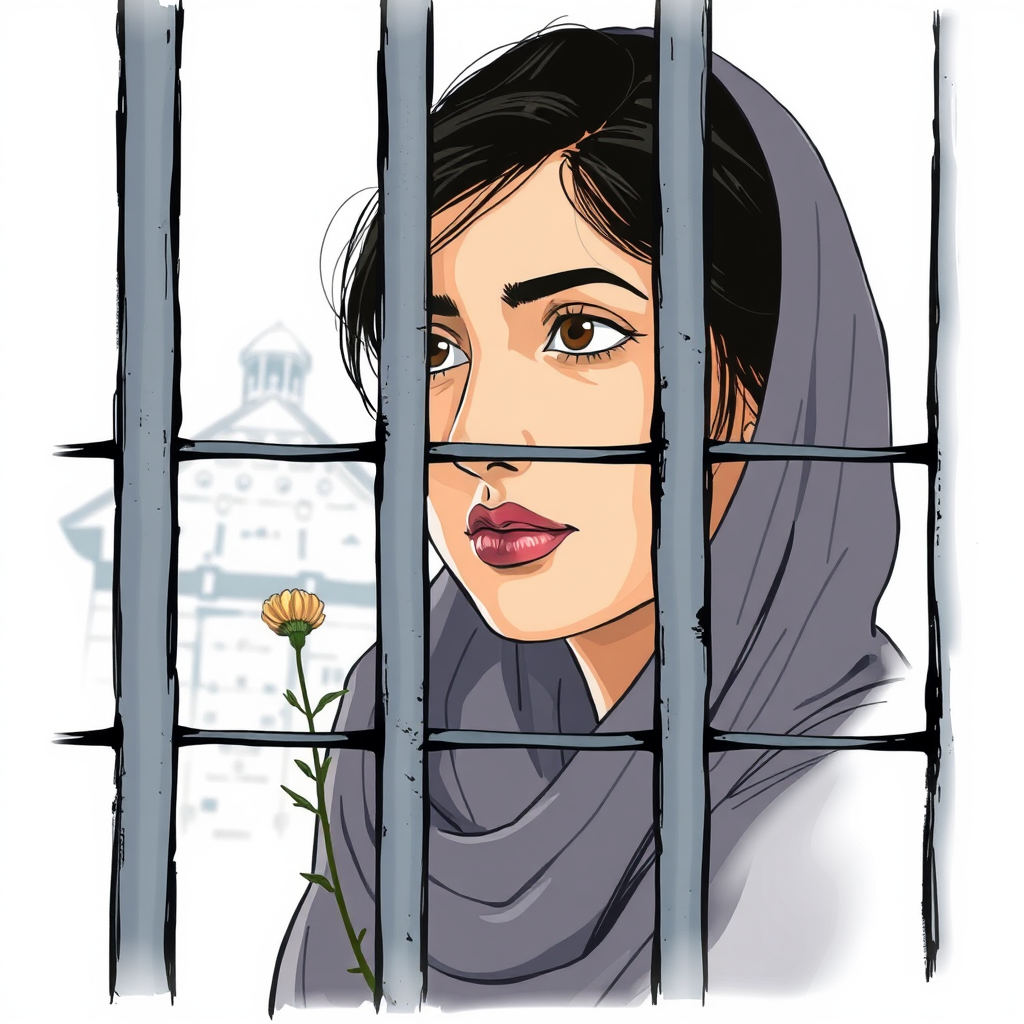Baloch Activist Writes From Prison About Justice

Quetta, Pakistan – Mahrang Baloch, a prominent Baloch human rights activist, is currently imprisoned in Hudda Prison, a facility with painful resonance for her family. Her father was detained there decades ago and later found murdered, a fate she fears may befall her as well. Baloch’s arrest, and subsequent detention, highlights a brutal crackdown on dissent in Balochistan, a resource-rich province plagued by conflict and allegations of state-sponsored violence.
Baloch’s activism centers on peacefully advocating for the rights of the Baloch people, a community alleging systematic abuses including enforced disappearances, extrajudicial killings, and economic marginalization. She insists her movement, the Baloch Yakjehti Committee, unequivocally rejects violence, and actively distinguishes between armed resistance and peaceful advocacy. However, Pakistani authorities have failed to present any evidence linking her to violent acts, instead focusing on her international advocacy and peaceful protests.
The activist’s recent visit to Norway, at the invitation of PEN Norway, and her inclusion in TIME100 Next Emerging Leaders list, appear to have triggered a particularly harsh response from Pakistani authorities. She was harassed during her time in Norway by individuals allegedly linked to the Pakistani embassy, and upon her return, immediately charged with sedition and placed on a Fourth Schedule anti-terror watch list.
Baloch’s case is emblematic of a wider pattern of repression in Balochistan, where journalists, activists, and even ordinary citizens are routinely targeted for speaking out against the state. The region remains largely inaccessible to independent media, creating an information vacuum that allows abuses to go unreported. Baloch estimates over 40 journalists have been killed in the province since 2000.
The activist’s detention comes amidst a broader political crackdown in Pakistan, with former Prime Minister Imran Khan also imprisoned and his party facing severe restrictions. This raises concerns that the government is using counter-terrorism laws to silence all forms of dissent, not just those perceived as separatist.
Baloch’s narrative is deeply personal, shaped by the trauma of her father’s disappearance and murder. She vows that no child in Balochistan should suffer the same fate, and her activism is driven by a determination to break the cycle of violence and injustice.
From within the walls of Hudda Prison, Baloch maintains her resolve. She draws strength from the legacies of other imprisoned activists like Nelson Mandela and Narges Mohammadi, and believes that her struggle, though fraught with danger, is ultimately a fight for humanity. The core issue, she argues, isn’t about terrorism or sedition, but about a state’s fear of truth and its desperate attempts to control the narrative.
The situation in Balochistan demands international attention. The Pakistani government must be held accountable for its human rights record, and independent observers must be allowed access to the region to investigate allegations of abuse. Mahrang Baloch’s case is a stark reminder that speaking up for justice is not a crime, and that silencing dissent only perpetuates a cycle of violence and oppression. The world must listen to the voices of the Baloch people and stand in solidarity with their struggle for a more just and equitable future.